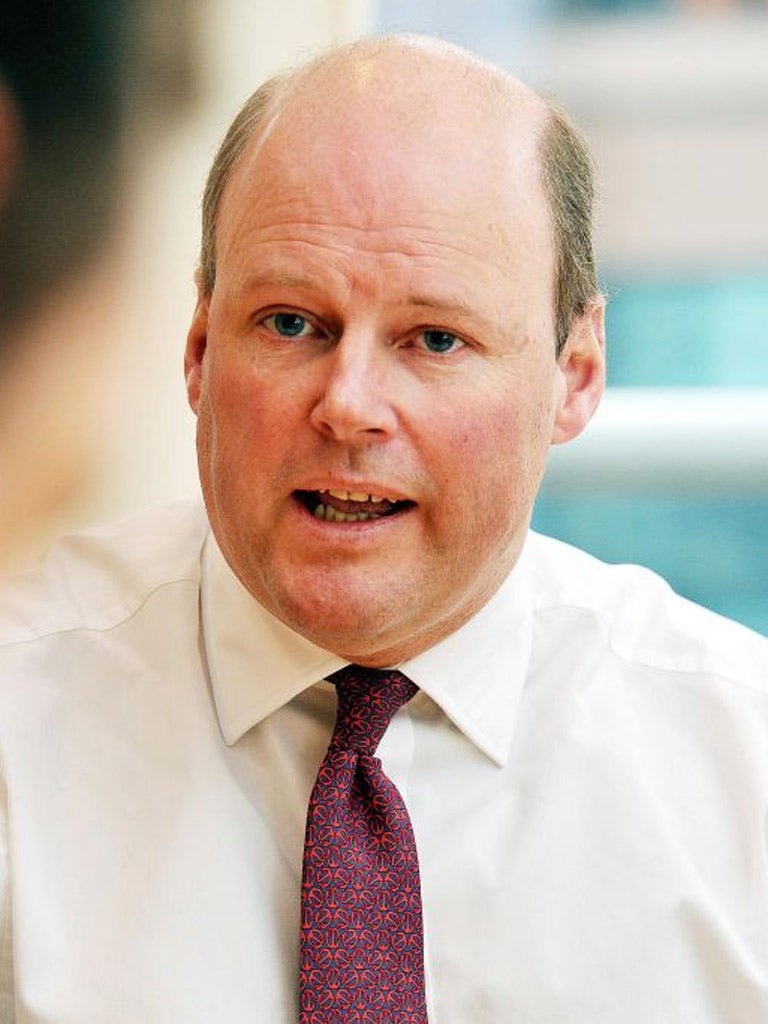Cable plans 30 per cent pay cuts for failing private sector bosses

Your support helps us to tell the story
From reproductive rights to climate change to Big Tech, The Independent is on the ground when the story is developing. Whether it's investigating the financials of Elon Musk's pro-Trump PAC or producing our latest documentary, 'The A Word', which shines a light on the American women fighting for reproductive rights, we know how important it is to parse out the facts from the messaging.
At such a critical moment in US history, we need reporters on the ground. Your donation allows us to keep sending journalists to speak to both sides of the story.
The Independent is trusted by Americans across the entire political spectrum. And unlike many other quality news outlets, we choose not to lock Americans out of our reporting and analysis with paywalls. We believe quality journalism should be available to everyone, paid for by those who can afford it.
Your support makes all the difference.Executives at Britain's biggest PLCs could lose up to 30 per cent of basic pay for not doing their jobs properly under unprecedented government plans to crackdown on City fat cats.
Proposals had previously looked only at stripping board directors of unwarranted bonuses. However, the furore over pay for people such as Stephen Hester, the RBS boss, has emboldened the Business Secretary, Vince Cable, to consider even tougher measures.
Fury over private sector pay threatened to break out yet again on Friday after it emerged that Barclays is going to give out £2.6bn in bonuses despite a fall in its profits. This is part of a culture that has seen remuneration for FTSE 100 chief executives more than double over the past 10 years, despite half of that time seeing no economic growth.
Under this new proposal, executives at large listed companies would see a portion of their basic salaries at risk should they not meet certain basic requirements, such as increasing the value of the company through its share price. Anything they did over and above this would then be rewarded with a bonus.
The idea, known as "earn-back", originated in a Treasury review into public sector pay by Will Hutton, the former head of the Work Foundation, last year. The Cabinet Office has a team looking at the idea for the public sector, but Mr Hutton has also suggested that the concept could be widened to the private sector. He said bankers and executives should be eligible for a bonus only if they were willing to put some of their salary at risk, in what he described as "double liability".
Over the next few months, Mr Cable will tell large institutional shareholders – who have failed to block excessive pay – to demand that remuneration committees make the earn-back concept common practice. Mr Hutton welcomed the Secretary of State's comments. "I will wait to see the details," he said.
Join our commenting forum
Join thought-provoking conversations, follow other Independent readers and see their replies
Comments